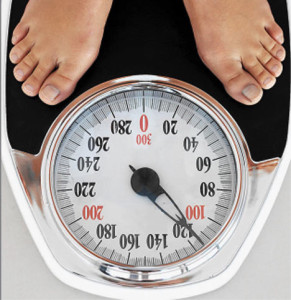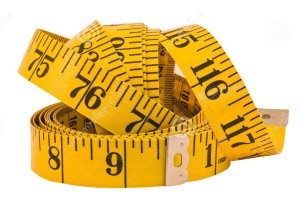How Do You Measure Healthy?
- Posted by: Lori Hommer
- Category: Authentic Life Blog Healing Healthy Lifestyle
- Comments Disabled
 One of the reoccurring topics in counseling and coaching is a person’s desire to be healthier.
One of the reoccurring topics in counseling and coaching is a person’s desire to be healthier.
This means different kinds of healthy to different people, “I just want to eat right to be healthy” or “I want to start exercising so I feel better about myself” or “I know if I do my daily prayer time and Bible study I’ll be healthier spiritually.”
Of course wanting to be healthy is a worthy goal, however I find that most people focus on the wrong motivations and don’t understand the roadblocks that prevent their success.
People have varying degrees of success losing and maintaining the loss. It’s something many of us struggle to control.
 I’ve seen people who were really successful at losing the weight. I’ve seen people who couldn’t lose weight and hate themselves. I’ve seen others become secretly jealous of another person’s weight loss.
I’ve seen people who were really successful at losing the weight. I’ve seen people who couldn’t lose weight and hate themselves. I’ve seen others become secretly jealous of another person’s weight loss.
Regardless, what you see on the outside might not necessarily tell the story of what’s happening on the inside.
The person who is successful at losing the weight, might be driven from a lack of attention, an unmet need deep inside which motivates the weight loss. When the weight is lost and that deep need is still there, it can be even more devastating.
They weren’t motivated primarily by health, they were motivated because they were empty, craved attention and believed that a trim body would get them what they wanted.
The one who hates themselves, has something deeper. Maybe they tie their success with how much they think God loves them? Maybe deep down, they believe they don’t deserve to be healthy?
The one who responds with jealousy, has other emotional issues and misconceptions they need to deal with in order to be healthier.
There are all kinds of dangerous theological thinking that traps people into the same unhealthy, destructive patterns. It may look very different when it comes to the surface.
Many of us measure success with the wrong end of the measuring stick.
We decide “getting healthy” (or getting rich, or getting successful, or whatever) is the key to our ultimate joy, satisfaction and happiness in life.
We believe when we hit that magic number on the scale or get six-pack abs then we will achieve the place of complete worth and value as a person. People will admire us, compliment us, and maybe even say they love us.
Most of us fail to examine the real underlying reasons that we are not healthy in the first place. Before we can “get healthy”, we need to ask some focused introspective questions (using weight loss as an example):
- Why do I over eat (or under exercise) in the first place?
- What emotional triggers cause me to overeat
- What do I say to myself right before I am ready to break by diet?
- What do I believe about myself because I’m over weight?
- When did I first start believing these things?
- What messages did I learn or hear in my childhood that could have led me to believe these things?
- How is my weight connected to by self esteem?
If we don’t understand why we aren’t healthy in the first place, then no amount of trying to get healthy will solve our problems. And, like so many of us, we probably won’t be able to maintain our success because we haven’t dealt with the root problems.
It’s like putting a band- aid on a wound that needs surgery.
The outside sore may look good but inside-much more deep healing needs to take place.
Christian counseling can help you root out the painful places of hurt and woundedness that may be keeping you stuck in your unhealthiness.
“Let your roots grow down into him,
and let your lives be built on him.
Then your faith will grow strong in the truth you were taught,
and you will overflow with thankfulness.” Colossians 2:7
